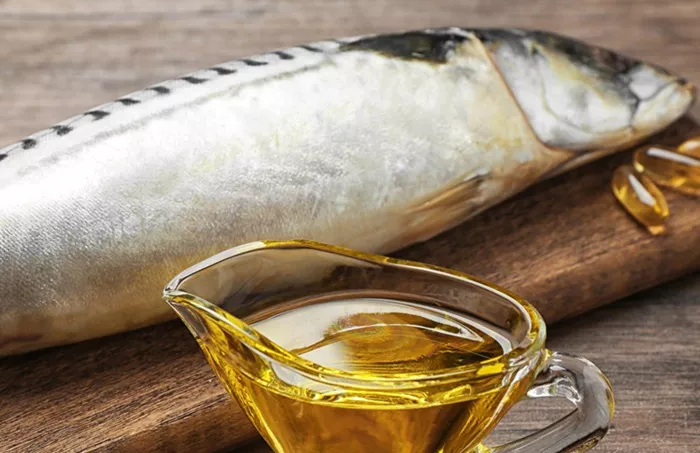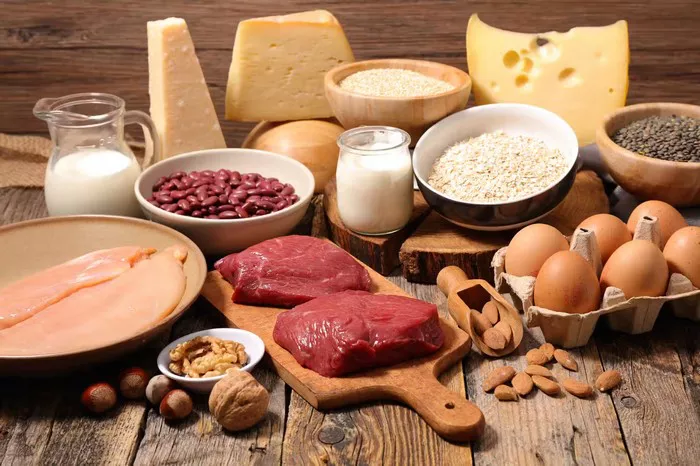Durian, often referred to as the “king of fruits,” offers both potential health benefits and risks for the liver, depending largely on the quantity consumed and the individual’s existing liver condition.
According to data from the United States Department of Agriculture, 100 grams of durian contain approximately 147 calories, 5 grams of total fat, 2 milligrams of sodium, 436 milligrams of potassium, 27 grams of carbohydrates, and 1.5 grams of protein. In addition to its macronutrient profile, durian is rich in essential vitamins and minerals such as vitamin C, vitamin B6, iron, and magnesium. These nutritional properties contribute to its complex effects on liver health.
Potential Benefits for the Liver
A study published in the European Journal of Integrative Medicine suggests that ripe durian contains bioactive compounds like quercetin, which may provide protective effects for the liver. Quercetin has been shown to enhance liver structure, support the regeneration of liver cells, and potentially prevent or reverse liver fibrosis—a condition characterized by the accumulation of excessive collagen in the liver.
Durian also contains antioxidants that help shield the liver from damage caused by free radicals. Furthermore, it may assist in restoring glutathione levels, a critical compound for detoxification processes in the liver, thus improving overall liver function.
Risks of Overconsumption
Despite these benefits, excessive consumption of durian can pose significant risks, particularly for individuals with preexisting liver conditions such as fatty liver disease. Due to its high caloric density, sugar, and saturated fat content, overindulgence can burden the liver and exacerbate liver-related issues.
The American Liver Foundation advises patients with fatty liver to avoid foods that are high in sugar, fat, and calories, as they may worsen liver disease. Similarly, the World Health Organization has highlighted that diets high in saturated fats are associated with increased insulin resistance and a greater risk of developing fatty liver.
For individuals already living with fatty liver disease, consuming large amounts of durian may impair the liver’s ability to metabolize fats effectively, potentially leading to inflammation and additional fat buildup within the liver.
Interaction with Alcohol
Combining durian with alcohol raises further concerns. Raffles Health warns that durian contains sulfur compounds that can inhibit the liver’s ability to metabolize alcohol. When consumed together, the liver faces a dual challenge: processing the sugars and fats in durian alongside metabolizing alcohol. This can lead to discomfort and place significant strain on the liver.
Moderation is Key
Bibi Chia, Chief Dietitian at Raffles Diabetes and Endocrine Centre, recommends limiting durian intake to two to three seeds per day. This moderate consumption allows individuals to enjoy the fruit’s nutritional benefits without placing undue stress on the liver.
In conclusion, while durian can contribute to liver health when consumed in moderation due to its antioxidants and bioactive compounds, excessive intake—especially in combination with alcohol or for individuals with liver conditions—can lead to adverse effects. Responsible consumption remains essential to balancing its benefits and risks.
Related Topics



































